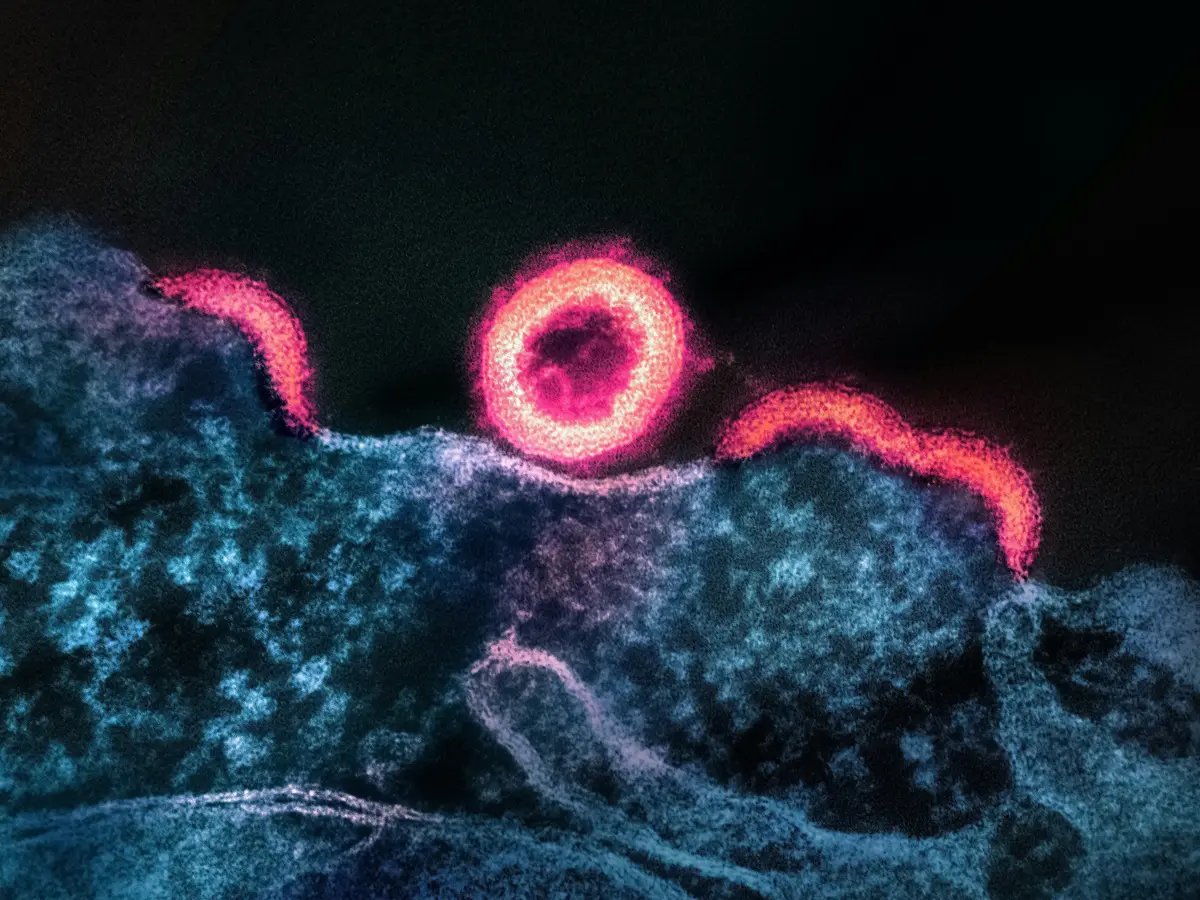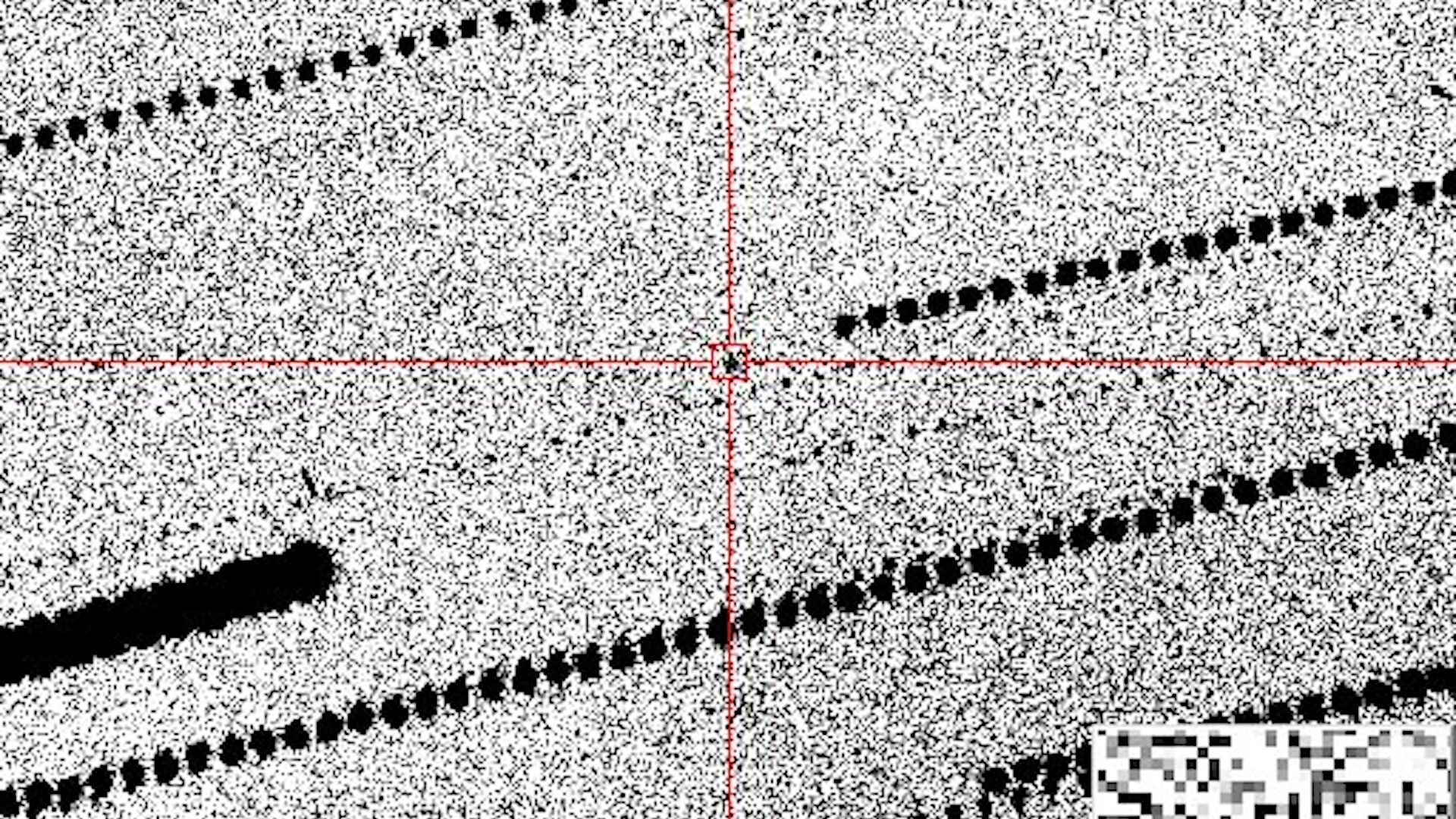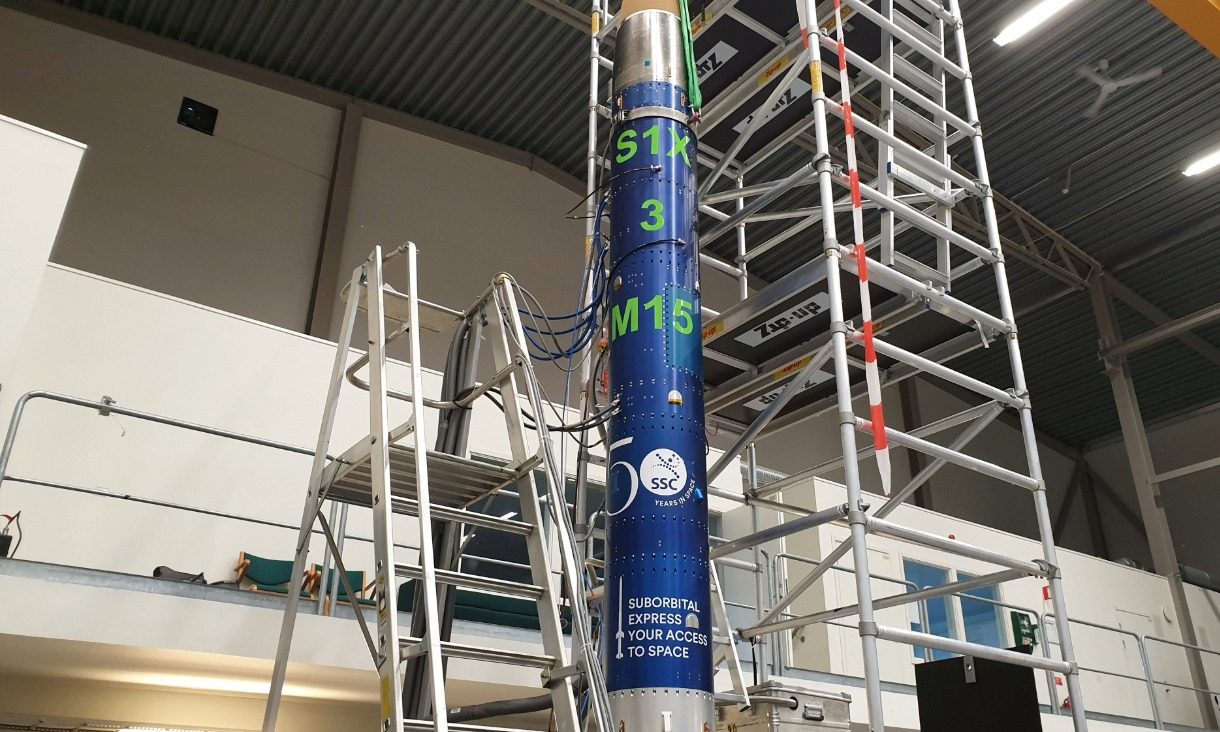Australian Scientists Unveil Revolutionary System for Molecule Development Using Biological AI

In a groundbreaking achievement, scientists from Australia have developed an innovative research system known as PROTEUS (PROTein Evolution Using Selection), which utilizes biological artificial intelligence to design and evolve molecules with new or enhanced functions directly within mammalian cells. This pioneering work marks a significant advancement in molecular biology and biotechnology, offering researchers a powerful new tool to create more specific and effective research tools or gene therapies.
The PROTEUS system leverages the concept of 'directed evolution,' a laboratory technique that emulates the natural process of evolution. Unlike traditional methods that can span years or even decades, PROTEUS accelerates the cycles of evolution and natural selection, allowing scientists to generate molecules with novel functions in a matter of weeks. This rapid evolution has the potential to revolutionize the pharmaceutical industry by facilitating the discovery and development of new, more effective medicines.
As noted by Professor Greg Neely, co-senior author and Head of the Dr. John and Anne Chong Lab for Functional Genomics at the University of Sydney, “This means PROTEUS can be used to generate new molecules that are highly tuned to function in our bodies, enabling the creation of new medicines that would be otherwise difficult or impossible to produce with existing technologies.” This is particularly relevant in enhancing gene-editing technologies like CRISPR, which could significantly improve their effectiveness in combating genetic disorders.
One of PROTEUS's unique features is its ability to tackle complex problems with uncertain solutions. Just as a user might input prompts into an artificial intelligence platform, PROTEUS can be tasked with challenges such as efficiently disabling a human disease gene within the body. Through directed evolution, PROTEUS explores millions of sequential possibilities that have yet to occur in nature, identifying molecules with properties specifically tailored to address these challenges. This approach allows PROTEUS to uncover solutions that would typically take researchers years to achieve.
The research team reported their successful application of PROTEUS in developing advanced versions of proteins that can be more easily regulated by pharmaceuticals, as well as nanobodies—miniature versions of antibodies—designed to detect DNA damage, a critical process implicated in cancer progression. Importantly, the capabilities of PROTEUS are not confined to these applications; it can enhance the functionality of a wide range of proteins and molecules.
These remarkable findings were published in the esteemed journal Nature Communications, with research conducted at the Charles Perkins Centre at the University of Sydney in collaboration with researchers from the Centenary Institute. This work builds upon the original development of directed evolution, which was first performed in bacterial cells and earned the 2018 Nobel Prize in Chemistry.
Dr. Christopher Denes, the lead researcher from the Charles Perkins Centre, emphasized the revolutionary aspect of PROTEUS, stating, “The invention of directed evolution changed the trajectory of biochemistry. Now, with PROTEUS, we can program a mammalian cell with a genetic problem we aren't sure how to solve.” By allowing the system to operate continuously, researchers can regularly monitor its progress in addressing genetic challenges.
Nevertheless, the research team faced a significant hurdle in ensuring that the mammalian cells could endure multiple cycles of evolution and mutations while remaining stable. To address this challenge, they ingeniously utilized chimeric virus-like particles, which are engineered by combining the outer shell of one virus with the genetic material of another. This design prevents the system from resorting to trivial solutions that fail to address the intended questions.
The resulting PROTEUS system not only enables cells to explore a multitude of potential solutions in parallel but also allows improved solutions to flourish while less viable options fade away. Dr. Denes confirmed the stability and robustness of PROTEUS, which has been validated by independent laboratories. He expressed a desire for other research teams to adopt this technique, stating, “By applying PROTEUS, we hope to empower the development of a new generation of enzymes, molecular tools, and therapeutics.”
To foster collaboration and innovation within the research community, the team has made the PROTEUS system open-source. Professor Neely expressed excitement about the future applications of this technology, stating, “We are eager to see what people use it for; our goals will be to enhance gene-editing technologies and to fine-tune mRNA medicines for more potent and specific effects.”
For further details on this research, see the study by Alexander J. Cole et al., titled “A chimeric viral platform for directed evolution in mammalian cells,” published in Nature Communications (2025). DOI: 10.1038/s41467-025-59438-2.




























